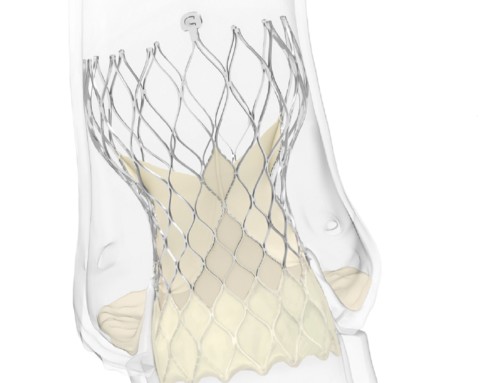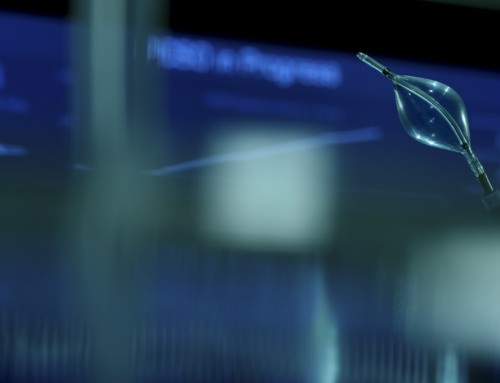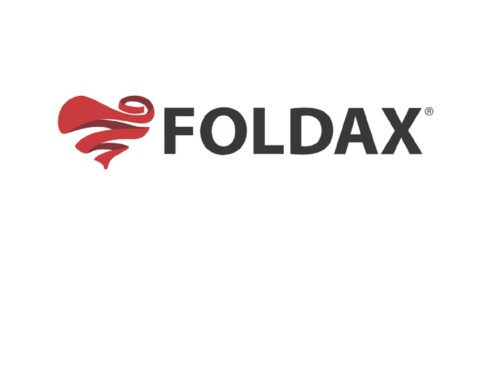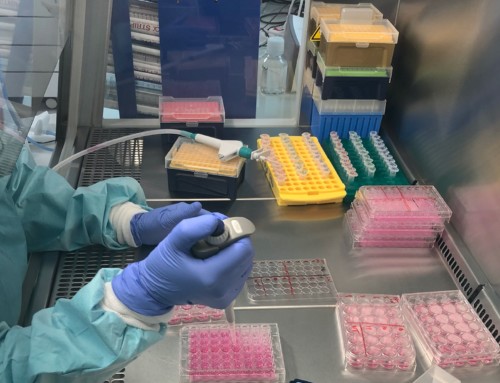
In image A, the breast tissue has been stained with Her2-UCNP reagent, in order to visualize cells containing Her2, which is a common marker in breast cancer diagnostic. Image B shows staining in the same tissue sample as in image A, but performed with the standard DAB-based method. Images A and B show a comparable level of detail, but both background signal and autofluorescence are eliminated in Lumito’s UCNP-based staining. Eliminating all noise from background signal and autofluorescence improves the conditions for automated analysis based on for example AI algorithms significantly.
A Swedish MedTech company, Lumito, has announced that it is at its final stages of developing a new and unique method for digital tissue diagnostics that streamlines diagnosis and improves accuracy. A press release reports that the product consists of two parts: a scanner that analyses tissue samples that have been stained with the company’s patented technology, where tissue is stained with nanoparticle-based reagents and a reagent kit consisting of staining fluid.
Lumito expects to complete the first product during the first six months of 2020. The company will then establish partnerships with reference clinics and investigate potential partners in Europe.
Stefan Nilsson, Lumito’s CEO, says: “We want to solve two problems in tissue diagnostics. The first problem that our technology solves is the quality of the analysis and the diagnosis, where the accuracy currently can be as low as 75%. Today’s stainings have low contrast and it is difficult to find the cancer markers in the tissue. It is the same as looking for a needle in a haystack. Our technology only shows signals from the requested markers. We remove the haystack so that only the needle is visible. We also want to automate the diagnostic work with our new product for tissue diagnostics. Another advantage with our product is the ability to perform multiple staining on the same sample. Staining with nanoparticle-based reagents and H&E provides the opportunity to retrieve more information from each sample.”
He adds: “Currently, Lumito is in the forefront with our technology. Our images with high contrast and no background will make it much easier to develop automated diagnostics based on for instance artificial intelligence.”





